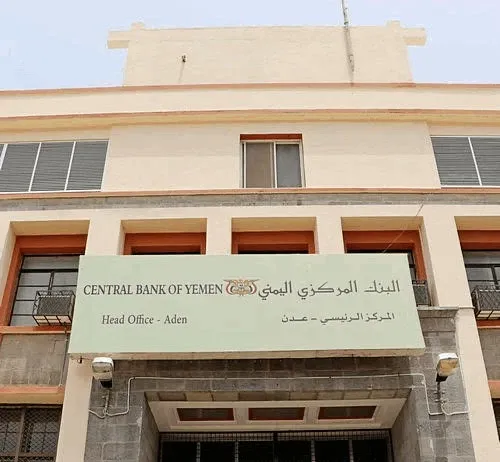Why Did the Yemeni Central Bank Reject the Houthi's New 50-Riyal Coin?

Synopsis
Key Takeaways
- The Yemeni central bank has condemned the Houthi's new 50-riyal coin.
- The Houthi group is viewed as an illegitimate authority in Yemen.
- The move threatens Yemen's fragile economy.
- Ongoing conflict complicates the nation's monetary system.
- International concern grows over Yemen's escalating tensions.
Aden (Yemen), July 14 (NationPress) The internationally recognized central bank of Yemen has dismissed the Houthi group's recent introduction of a newly minted 50-riyal coin, labeling it a 'destructive act' that poses a significant risk to the nation's already precarious monetary landscape.
Situated in the southern port city of Aden, the Central Bank of Yemen issued a vigorous statement on Sunday, denouncing the Houthis' initiative to produce and distribute the new coin within Sanaa and other regions under their authority.
The bank cautioned that it holds the Houthi faction 'fully accountable' for all repercussions and actions arising from this alarming intensification.
'This absurd and destructive act by an illegal entity is wholly rejected by the Central Bank,' the statement asserted, denouncing the Houthi-controlled central bank branch in Sanaa as a non-legitimate institution.
On Saturday, the Houthis declared that the new 50-riyal coin would commence circulation starting Sunday, according to reports from Xinhua news agency.
The Houthi-controlled central bank in Sanaa defended its decision as a measure aimed at resolving the issue of deteriorating banknotes and enhancing the quality of Yemen's national currency.
Furthermore, the Houthis have prohibited the entry of banknotes issued by the internationally recognized government into areas they govern.
Since the onset of the civil war in late 2014, the Houthis have maintained control over a significant portion of northern Yemen, including the capital Sanaa, creating a complex landscape of competing authorities, with the internationally recognized government functioning from Aden.
Additionally, the militant group has escalated its assaults on commercial vessels in the Red Sea, stating that these actions are aimed at pressuring Israel and its allies to lift the blockade on Gaza and cease the ongoing military operations, promising further strikes.
The Yemeni government based in Aden has also vehemently condemned these attacks.









